 |
| London Philharmonic Orchestra and Vladimir Jurowski (Photo Ben Ealovega) |
2020/2021 is Vladimir Jurowski's final season as principal conductor of the London Philharmonic Orchestra (and that of Esa-Pekka Salonen at the Philarmonia Orchestra) and he is going out with a bang, with two complete Ring Cycles. Edward Gardner, his successor as principal conductor, will also be conducting Berlioz Symphonie Fantastique, John Adams' Harmonium and three premieres. Brett Dean has been announced as the new Composer in Residence.
Vladimir Jurowski and the LPO have been building up to the complete
Ring Cycle with individual operas, and he will conduct two complete cycles of Wagner's
Der Ring des Nibelungen in January 2021 with Allan Clayton, Ruxandra Donose, Christian Elsner, Burkhard Fritz, Robert Hayward, Torsten Kerl, Lise Lindstrom, Kai Rüütel, James Rutherford, Brindley Sherratt and Derek Welton. Role debuts include Matthew Rose as Wotan in
Die Walküre and Brindley Sherratt as Hagen in
Götterdämmerung.
As new Composer in Residence, three of Brett Dean's works feature in the new season,
The Players with accordionist James Crabb, who gave the world premiere last year, the UK premiere of the
Cello Concerto conducted by Edward Gardner (with
Sofia Gubaidulina's
On Love and Hatred) and
Komarov’s Fall, and Brett Dean will also conduct his own Pastoral Symphony in a chamber performance with the musicians from the LPO’s Foyle Future Firsts, a scheme for aspiring orchestral musicians. Dean will also mentor the LPO's Young Composer Programme.
Other new music in the season includes
Thomas Larcher’s
A Padmore Cycle, written for tenor Mark Padmore, which has only been performed in the UK a handful of times since its first performance in 2011,
Krzysztof Penderecki’s
Concertino for Trumpet and Orchestra receives only its second performance in the UK despite great international success. Other composers this season include
David Bruce,
Danny Elfman,
Eric Tanguy, and the UK premiere of
Alexey Retinsky's
De Profundis, a symphonic work that Jurowski selected at an anonymous contest as part of Moscow’s Another Space festival, later conducting the world premiere in 2018
As part of the culmination of the orchestra's
2020 Vision series, Vladimir Jurowski and the orchestra will premiere
James MacMillan's
Christmas Oratorio, a large-scale choral work commissioned by the LPO, to be performed with soloists soprano Mary Bevan, bass-baritone Christopher Maltman and the London Philharmonic Choir. The series also includes the UK premiere of
Magnus Lindberg’s
Cello Concerto No. 2, with soloist Anssi Karttunen who gave the world premiere five years ago, the London premiere of
Lotta Wennäkoski’s
Verdigris, a work written for chamber orchestra in 2015, conducted by Hannu Lintu, Tamara-Anna Cislowska performs the European premiere of
Elena Kats-Chernin’s
Piano Concerto No. 3, a work she premiered in Brisbane in 2018.
2020 Vision also includes previous LPO commissions,
Julian Anderson’s
The Discovery of Heaven, which was premiered in 2013 and later recorded by the LPO, and Magnus Lindberg’s
Two Episodes which the LPO premiered in 2016.
The orchestra remains resident at Glyndebourne where it has played at the Summer Festival for over 50 years, and has a new residency at the Elbphilharmonie in Hamburg with four concerts over the 2020/21 season. In addition to residencies in Brighton and Eastbourne, the orchestra is continuing its residency at Saffron Hall which began in the 2019/20 season. Guest conductors and soloists at Saffron Hall include Colin Currie, Alondra de la Parra, Hannu Lintu, Daniele Rustioni, Toby Spence, Bryn Terfel, Simon Trpceski and more. In addition to the concert programme, musicians from the Orchestra will give masterclasses to local students and work on local community projects such as the music and dementia programme ‘Together in Sound’.
LPO Junior Artists, the LPO’s free mentoring programme for talented teenage musicians from backgrounds under-represented in professional UK orchestras, will celebrate its fifth year. Many of its alumni, now in conservatoires, return to support the LPO Junior Artists: Overture scheme for younger students. The Open Sound Ensemble returns for its second year, offering free music-making opportunities for young people with special educational needs and disabilities and their parents/carers. The Orchestra’s two inclusive programmes for adults - OrchLab, for disabled participants, co-delivered with Drake Music, and its partnership with Crisis, the national charity for homeless people – expand next season with new opportunities to perform and showcase their creative work at Royal Festival Hall, and for participants from both projects to work together on combined activity.
Full details from the
LPO website.



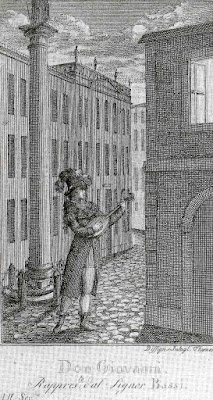
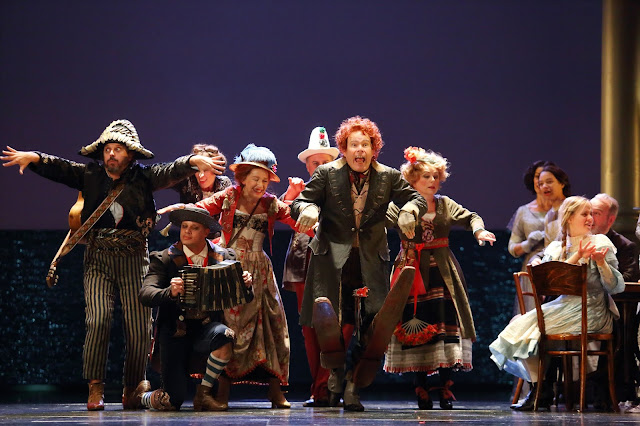








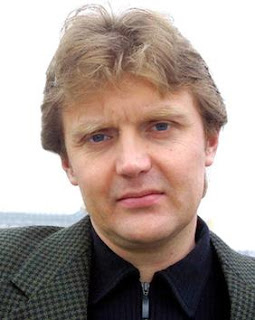









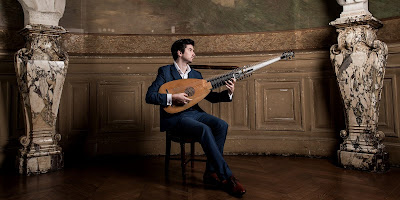
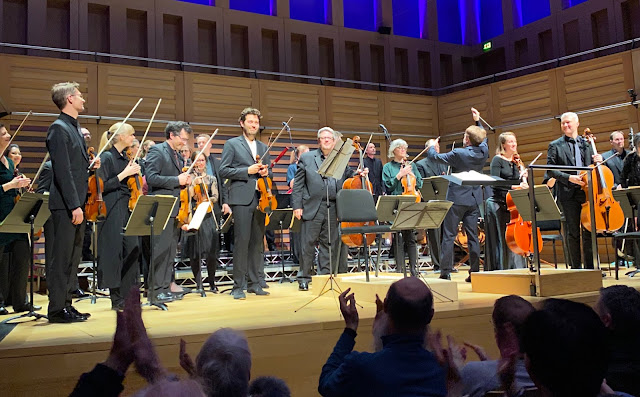




%20in%20The%20Merry%20Widow.%20Credit%20Mihaela%20Bodlovic.%20(2).jpg)

%20in%20Trial%20by%20Jury.%20Credit%20Mihaela%20Bodlovic..jpg)

.jpg)
%20Britten%20Pears%20Arts%20(1).jpg)


